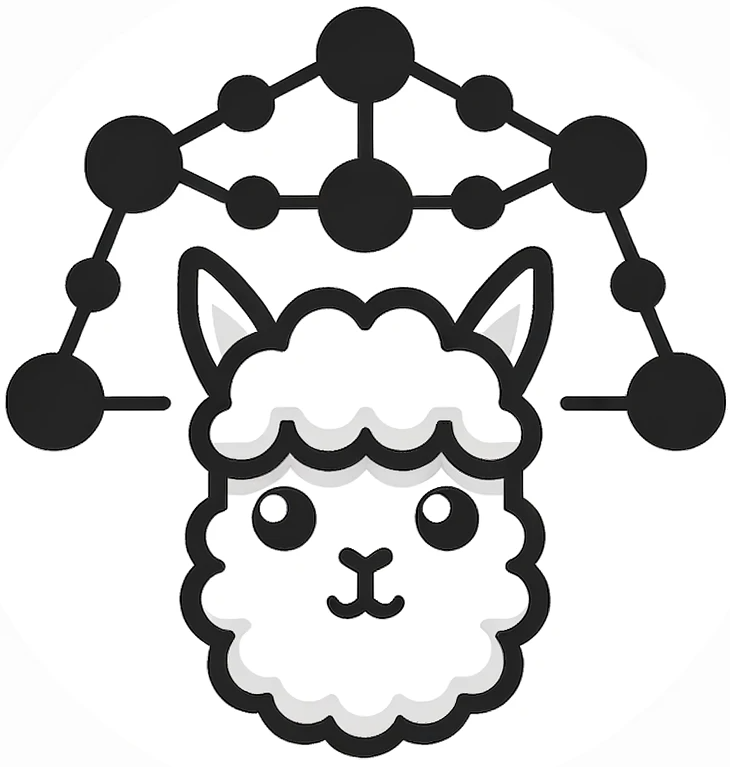GraphGPT: Graph Instruction Tuning for Large Language Models
Graph Neural Networks (GNNs) have advanced graph structure understanding via recursive information exchange and aggregation among graph nodes. To improve model robustness, self-supervised learning (SSL) has emerged as a promising approach for data augmentation. However, existing methods for generating pre-trained graph embeddings often rely on fine-tuning with specific downstream task labels, which limits their usability in scenarios where labeled data is scarce or unavailable. To address this, our research focuses on advancing the generalization capabilities of graph models in challenging zero-shot learning scenarios. Inspired by the success of large language models (LLMs), we aim to develop a graph-oriented LLM that can achieve high generalization across diverse downstream datasets and tasks, even without any information available from the downstream graph data. In this work, we present the GraphGPT framework that aligns LLMs with graph structural knowledge with a graph instruction tuning paradigm. Our framework incorporates a text-graph grounding component to establish a connection between textual information and graph structures. Additionally, we propose a dual-stage instruction tuning paradigm, accompanied by a lightweight graph-text alignment projector. This paradigm explores self-supervised graph structural signals and task-specific graph instructions, to guide LLMs in understanding complex graph structures and improving their adaptability across different downstream tasks. Our framework is evaluated on supervised and zero-shot graph learning tasks, demonstrating superior generalization and outperforming state-of-the-art baselines.
PDF Abstract




